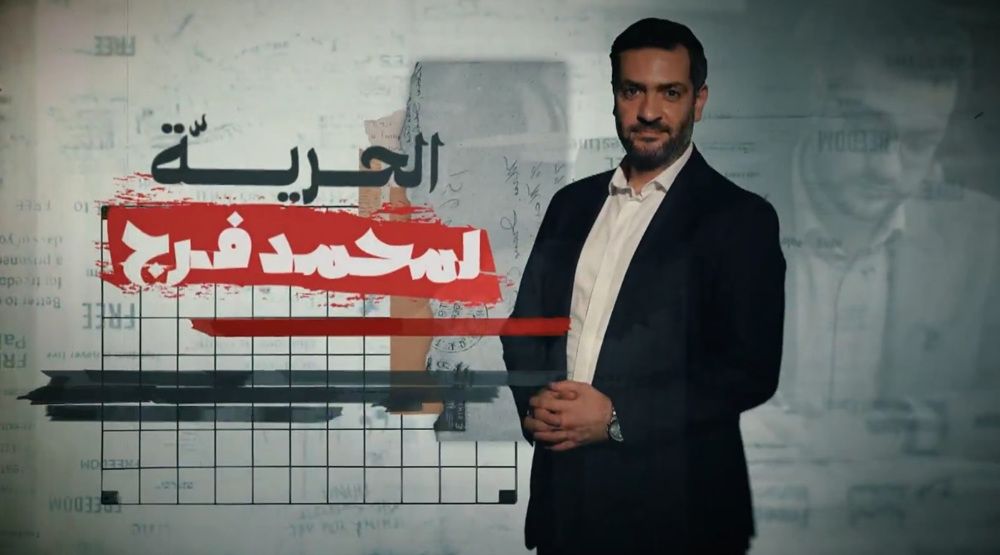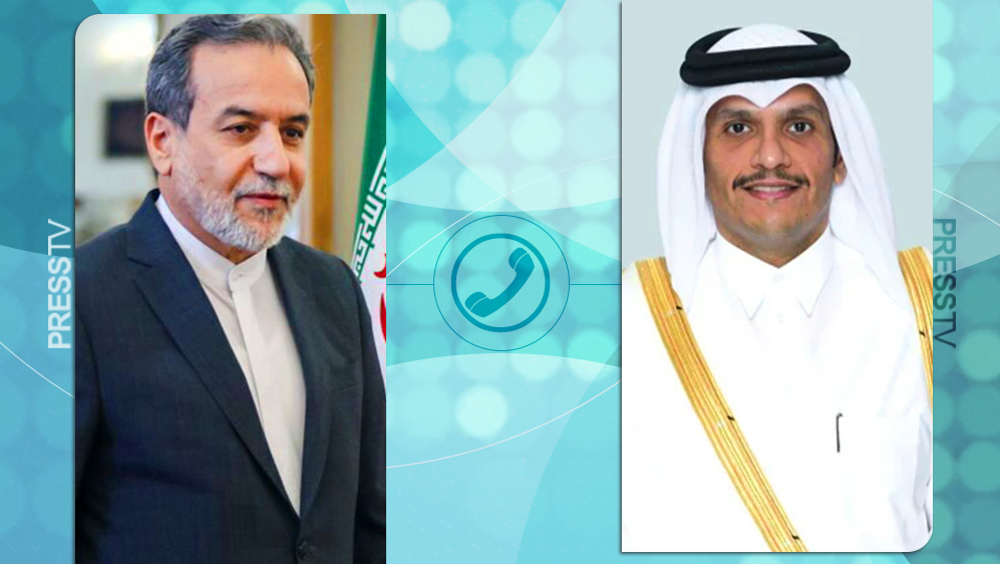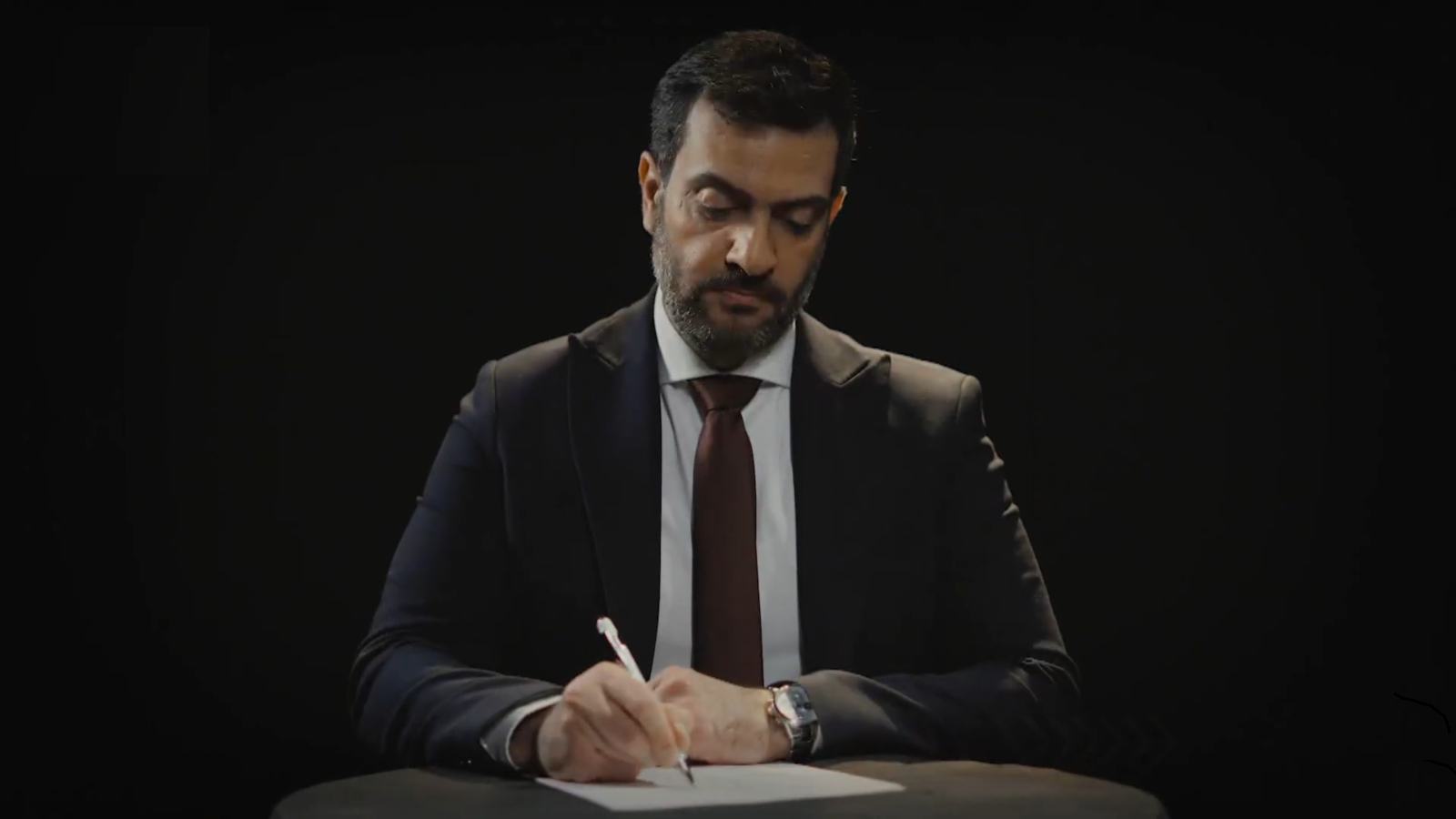UNSC set to approve resolution on Yemen conflict
The United Nations Security Council (UNSC) is expected to adopt a resolution drafted on the current situation in Yemen, where the Houthi movement has taken control of the capital, Sana’a.
The 15-member council will call on the movement to “immediately and unconditionally” withdraw its fighters from Yemen’s government institutions, according to a draft of the resolution released on Sunday.
The draft will also urge the Ansarullah revolutionaries to engage in US-led peace talks and release President Abd Rabbu Mansour Hadi, who resigned last month, as well as his cabinet from house arrest.
It also calls on all parties in the Arab country to “cease all armed hostilities against the people and the legitimate authorities of Yemen and relinquish the arms seized from Yemen’s military and security institutions.”
It further demands the UN member states to “refrain from external interference which seeks to foment conflict and instability.”
The development came hours after Yemen’s neighboring countries called on the UNSC to use force over the worsening security situation in the southwestern Asian country.
Foreign ministers of the six [Persian] Gulf Cooperation Council member states said the UN body should consider military intervention under the UN’s Chapter 7.

In the past few days, at least nine countries have closed their embassies and evacuated all their diplomatic staff in Yemen over security concerns in the crisis-hit country.
The Houthi movement dissolved the parliament earlier this month, following weeks of clashes with government forces.
Ansarullah announced a constitutional declaration on the Transitional National Council, which is expected to replace the country’s parliament.
The Ansarullah revolutionaries say the Yemeni government has been incapable of properly running the affairs of the country and providing security.
The Houthi leader recently warned that the interests of foreign powers in Yemen will be in danger, if the political vacuum in the country prolongs.
Abdul-Malik al-Houthi said the constitutional decree is necessary in order to save Yemen from collapse.
Earlier this week, tens of thousands of Houthi fighters and their supporters held rallies to condemn what they described as corruption and foreign interference in their country’s internal affairs. In addition, they accused the west of trying to destabilize Yemen.
In September 2014, Ansarullah fighters gained control of Sana’a, following a four-day battle with army forces loyal to General Ali Mohsen al-Ahmar, the half-brother of the country’s former dictator, Ali Abdullah Saleh.

Before gaining control of the capital, Ansarullah had set a deadline for the political parties to put aside differences and fill the power vacuum, but the deadline was missed without any change in the political scene of the country.
Yemen’s Shia Houthi movement draws its name from the tribe of its founding leader, Hussein Badreddin al-Houthi.
The movement played a key role in the popular revolution that forced Saleh to step down after 33 years of rule.
Over the past months, al-Qaeda militants have frequently carried out attacks on Yemen’s security forces. The militants have been also engaged in battles with the Ansarullah revolutionaries of the Houthi movement.
Ansarullah fighters have helped drive al-Qaeda militants out of many areas in the country.
SSM/MKA/HMV
How Iran’s economy adapts amid persistent pressures
Iran, China can upgrade ties to ‘outcome‑driven partnership’: Envoy
Displaced Palestinians freeze in flooded tents as Israel continues Gaza truce violations
UNSC, Arab League to hold emergency meetings on Israel’s recognition of Somaliland
EU ‘main obstacle’ to Ukraine peace: Russia FM
VIDEO | Press TV's news headlines
Iran, Qatar support Yemen’s territorial integrity amid Saudi-Emirati clashes in south
Largest global journalists’ union urges Jordan to free pro-Palestine reporter










 This makes it easy to access the Press TV website
This makes it easy to access the Press TV website